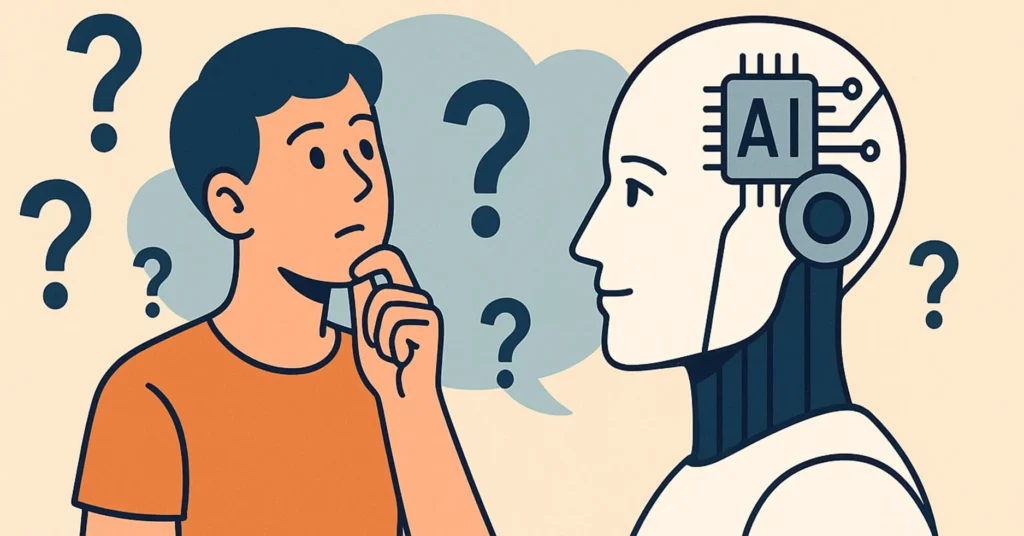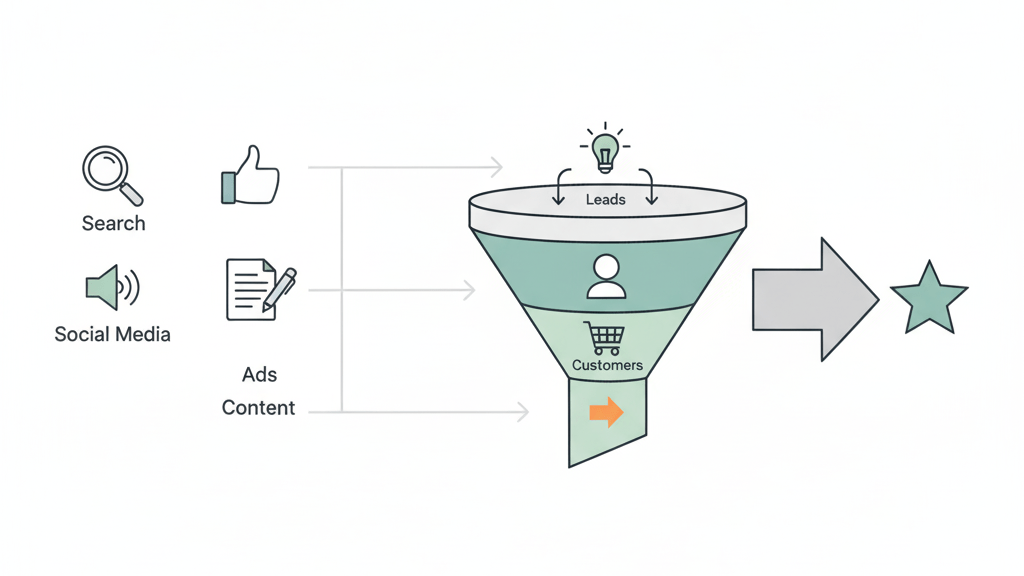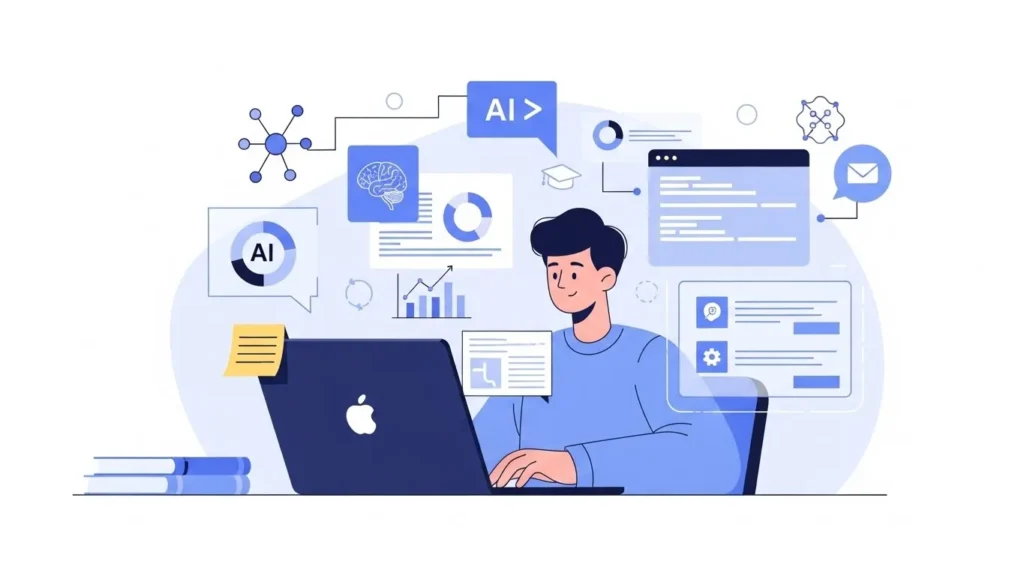
Table of Contents
ToggleIntroduction: Academics at the Helm of AI – A New Trend
Artificial Intelligence is not only a tool; it is also a force that reshapes human curiosity.
Interestingly, academics are now leading many AI companies.
A Shift in Tech Leadership
Aravind Srinivas, a PhD in AI from Berkeley and co-founder of Perplexity AI, highlights this shift.
At the recent TED conference, 11 out of 24 speakers had PhDs, and over a third were university professors.
Contrasting Trends
This rise of academics in AI startups stands in contrast to the last 20 years.
During this period, fewer US PhDs launched companies or joined startups.
So, is AI creating a new academic wave in technology?
The answer seems to be yes.
Curiosity never ends—AI makes your next question even smarter.
The Legacy of Academic Founders & The Vision of AI
Google’s Academic Roots
We have seen this story before. Larry Page and Sergey Brin, the founders of Google, were academics. Google was the last big tech company born from academic research.
Larry Page’s Prophecy
In 2000, Larry Page predicted that AI would be the ultimate version of Google. He described a system that understands everything on the web and answers any question. That vision is now turning into reality.
The Purpose of Technology
At its heart, technology serves one goal: to make us think more, evolve faster, and challenge what is possible. AI is the latest step in this journey.
The Birth of Perplexity: Solving the “Real World” Problem of Information Overload
A Founder’s “Perplexity”
When Aravind Srinivas started his company, he faced endless practical questions—about funding, insurance, and legal structures. Traditional search engines gave too much information and too little clarity. He needed expert answers, not just links.
This personal struggle created a “state of perplexity,” which led him to build a new kind of AI tool.
The Genesis of Perplexity AI
Together with his team, Srinivas created a small chatbot(Bot) called “Sackbot.” It evolved into Perplexity AI, a platform designed to directly answer questions using the web.
Every answer sparks new possibilities. Start your journey today.
Perplexity’s Core Innovation: Trusted Answers and Relentless Questioning
The Power of Trustworthy Answers
Perplexity’s strength lies in providing well-researched answers with citations. Every response includes web sources, much like an academic paper. This builds trust.
Fostering Better Questions
Once people trust answers, they ask better questions. This is the real power of AI. The process looks like the Socratic method—a practice of constant questioning that shaped human progress. Physicist David Deutsch also explains that every answer leads to new questions. Humans are unique because we are curious even about familiar things. AI supports this natural cycle by making questioning easier.
The Democratization of Knowledge: Access to All
A Profound Shift in Human History
For centuries, knowledge was limited to elites. Only people with money or access to experts could find the best answers. AI changes this forever.
AI as the New Internet
The internet gave us access to information. AI now gives us access to answers. With the cost of research falling close to zero, anyone can explore knowledge—regardless of location, background, or resources.
The Future Focus
In this new era, it no longer matters who you are. What matters is the next question you ask.
The future belongs to the curious. Ask boldly. Learn endlessly.
Infinite Human Potential and the Future of Curiosity
David Deutsch and Infinite Potential
David Deutsch argues that human potential is infinite if we keep asking questions. Curiosity is natural—we see it even in babies.
AI Amplifying Curiosity
AI answers questions instantly. But more importantly, each answer creates a set of new questions. This opens multiple paths of curiosity and knowledge.
Making Us “More Human”
Ironically, as AI becomes better at answering, humans must focus more on asking. Our future depends on the questions we frame and the tools we build with those answers. In this way, AI does not replace humanity. It makes us more human.
Conclusion
AI is not just about machines giving answers. It is about humans asking better questions. From Google’s prophecy to Perplexity’s innovation, AI is shaping the way we think, learn, and grow.
The future of technology is not only about smarter tools. It is about our endless curiosity—a trait that defines us as human beings.





